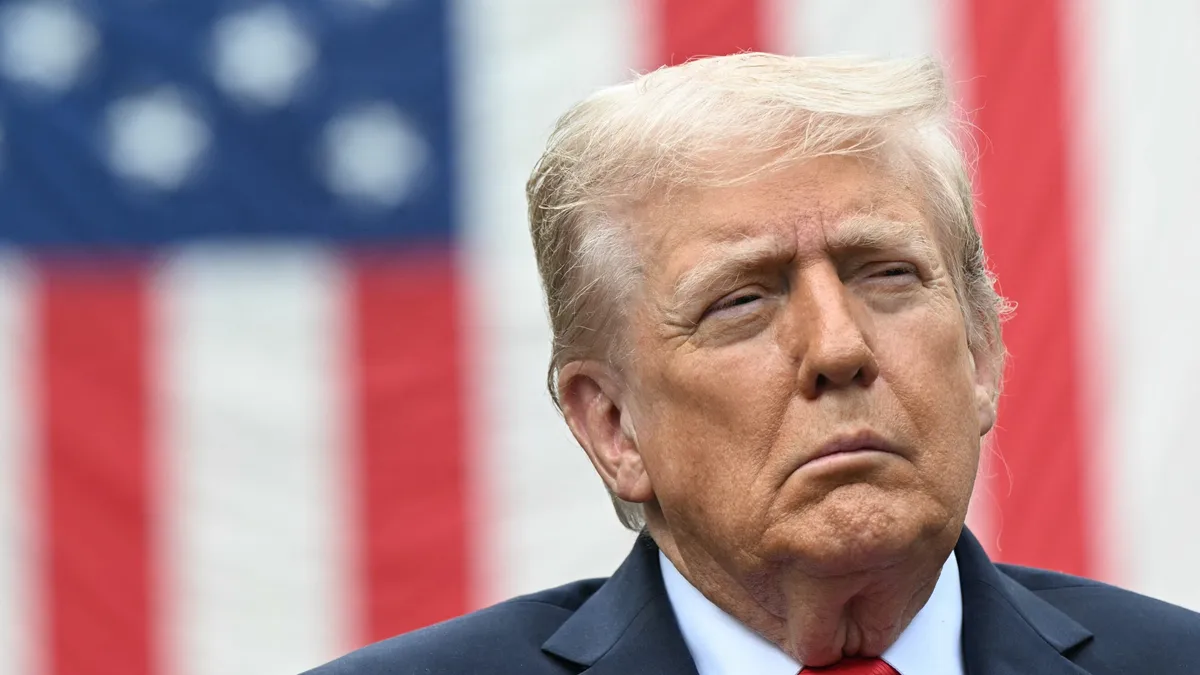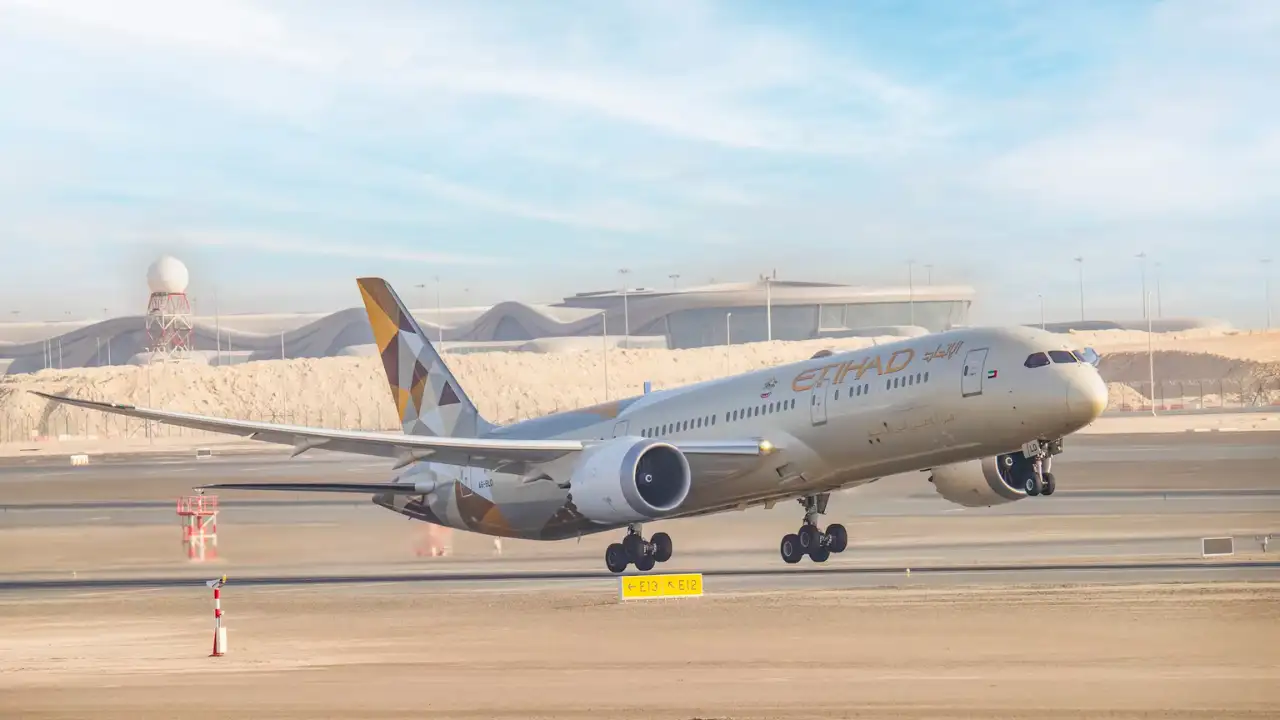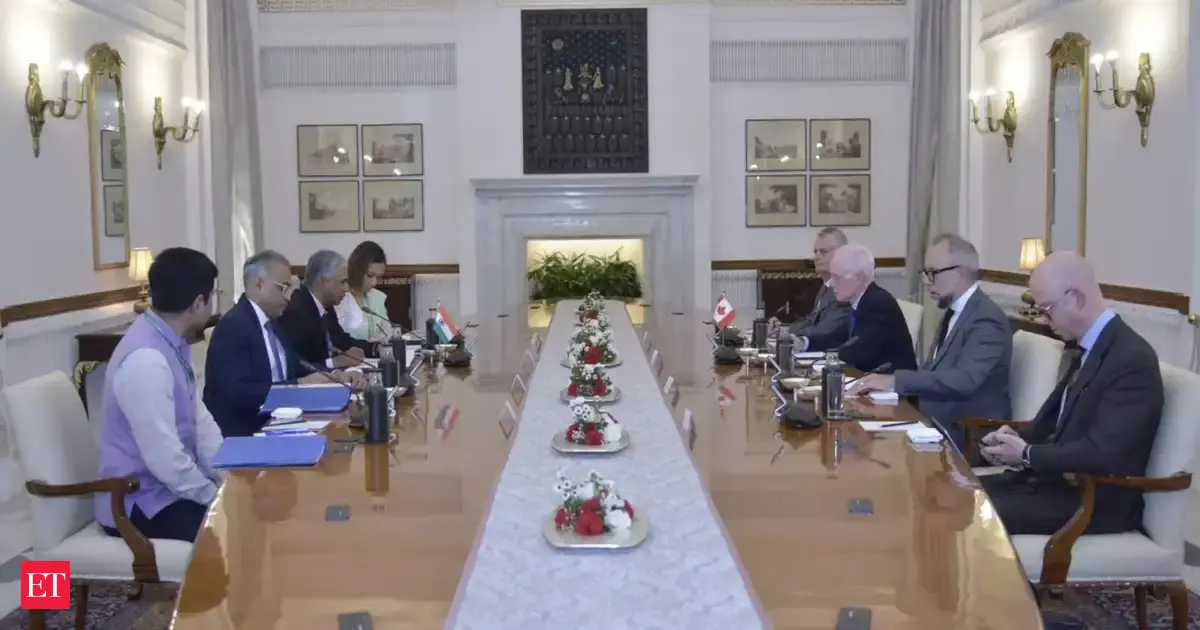
For two decades, the Malta Gaming Authority (MGA) has carried the weight of overseeing one of the largest concentrations of online gaming businesses in the world. The question now is whether Malta can go further, setting the tone for responsible gaming measures across the continent.
The Malta Gaming Authority’s framework for player safety
The MGA has developed one of the most detailed frameworks in the industry, combining technical oversight with social responsibility. From the moment an operator applies for a license, it faces rigorous checks designed to filter out unreliable businesses.
One of the most significant safeguards is the requirement to separate customer deposits from operational funds. This guarantees that player balances remain secure, even if a company faces financial collapse. Independent audits and quarterly financial reports provide further oversight.
Beyond financial integrity, the MGA mandates tools to help players control their behaviour. Operators must provide self-exclusion mechanisms, deposit and loss limits, and session reminders, giving customers the ability to step back before problems escalate. These features, once seen as optional, are now core to every licensed platform.
Players who choose legit casinos with Malta license gain access to these protections automatically. This makes Malta-licensed operators distinct from those in loosely regulated markets, where safeguards are often minimal or entirely absent.
Comparing Malta with other regulators
Europe is home to several respected authorities, but each takes a slightly different approach. The UK Gambling Commission (UKGC) is often cited as the strictest, with heavy fines and detailed affordability checks. Gibraltar has a long history of overseeing large bookmakers, but its licensing is aimed mainly at major corporations rather than new entrants.
Malta’s strength lies in its balance. The MGA enforces high standards without shutting out smaller or innovative operators. This flexibility has allowed the Maltese market to grow while still maintaining credibility among players.
Outside Europe, many offshore regulators issue licenses quickly and cheaply, but with little follow-up. For players, this creates risks: withheld winnings, unclear dispute procedures, and no real accountability. Malta positions itself firmly against this trend, building a reputation as a regulator that combines accessibility with oversight.
Why responsible gaming matters beyond regulation
For many years, gambling oversight was viewed largely as a legal box to tick. Today, the perspective is changing. Responsible gaming is no longer only about compliance—it is about long-term sustainability.
Players are increasingly aware of the risks associated with excessive gambling, and they demand stronger safeguards. Companies that ignore these expectations face reputational damage, not only from regulators but also from customers themselves. In this environment, measures such as session time limits or exclusion registers are not barriers to profit—they are essential to building trust.
Malta, by embedding responsible gaming in its licensing framework, is sending a clear message: player protection is inseparable from industry success.
Tools and innovations already in place
Many of the measures now taken for granted in Europe originated or gained traction under the MGA’s supervision. Random Number Generator (RNG) testing is one example. Independent laboratories certify that outcomes are genuinely random and not manipulated, ensuring transparency in every spin or deal.
Other tools are less technical but just as vital. Reality checks prompt players with reminders about how long they have been active, while financial limits put boundaries on spending. Operators must also link prominently to external support organizations such as GamCare or Gamblers Anonymous.
Malta has also required greater transparency in bonus terms and payout rates. Players should know exactly what conditions apply before committing funds. This clarity helps build a healthier relationship between operators and customers.
Anti-money laundering and financial integrity
Responsible gaming is not only about protecting players from excessive gambling but also about safeguarding the industry from criminal misuse. Money laundering and financial crime remain constant risks in online gambling, given the large volume of cross-border transactions and the anonymity that digital platforms can sometimes provide.
Malta has positioned itself strongly in this area. The Malta Gaming Authority requires licensees to adopt a risk-based approach, ensuring that the greatest resources are allocated where the highest risks are found. Casinos must conduct business risk assessments, apply customer due diligence, and maintain detailed reporting procedures. These measures allow suspicious activities to be identified and escalated promptly.
Every operator must also appoint a Money Laundering Reporting Officer (MLRO) with the authority to flag and act on suspicious transactions. This requirement ensures accountability within the business structure and creates a direct line of responsibility between operators and regulators.
The framework is laid out clearly in the AML and CFT obligations under the MGA, which highlight how Malta aligns its gaming sector with European and international financial standards. By enforcing these obligations, Malta reduces the risk of its license being associated with criminal activity while strengthening its credibility among players and business partners alike.
The next step: leading Europe in player protection
While Malta has set strong foundations, there is room to go further. A Europe-wide exclusion register could prevent individuals from bypassing restrictions by moving between jurisdictions. Malta could lead in developing such cross-border cooperation.
Technology also offers opportunities. AI-driven monitoring systems can detect risky patterns in real time, allowing operators to intervene before harm escalates. By championing innovation, Malta could shift responsible gaming from reactive measures to proactive protection.
Public awareness campaigns represent another frontier. Regulators often focus on operators, but engaging directly with players—through education and transparency—would strengthen Malta’s role as a thought leader in this space.
The business case for responsibility
Critics sometimes argue that stricter safeguards reduce revenue. Evidence suggests the opposite. A secure and transparent environment attracts more players in the long term. Customers are more likely to remain loyal when they feel their funds and well-being are protected.
Operators licensed in Malta often highlight their regulatory status in marketing, using it as a badge of trust. This credibility opens doors in markets where unregulated casinos struggle. In the competitive online space, legitimacy is a commercial advantage as much as a legal one.
Malta’s economy has benefited significantly from the gambling sector. By placing responsibility at the core, the country ensures that this success can continue without backlash from players, governments, or advocacy groups.
Collaboration and international influence
Malta’s regulatory system does not operate in isolation. The MGA is already a participant in several global initiatives, but its influence could be expanded further. By strengthening international partnerships, Malta can position itself not only as a regulator but as a policy driver across Europe.
Key areas where collaboration matters:
Data sharing with other EU regulators to track high-risk operators.
Joint investigations with financial intelligence units against money laundering.
Cross-border working groups on problem gambling prevention.
Knowledge exchange through conferences, summits, and training programs.
One of the strongest arguments for deeper cooperation is that European regulators face similar challenges but often respond differently. A comparative look highlights Malta’s opportunity to lead:
By coordinating more closely with respected regulators such as the UKGC while distinguishing itself from offshore hubs like Curacao, Malta can elevate its global credibility.
Looking forward, Malta could host regional summits on responsible gaming, initiate EU-wide research projects, and advocate for harmonized player protections. These steps would make the island not just a licensing hub, but a thought leader influencing how gambling is governed across Europe.
Shaping the future of responsible gaming
As debates intensify across Europe, Malta stands at a crossroads. It can remain a respected regulator or step forward as the benchmark for responsible play. The path it chooses will influence not only operators on the island but also the broader European landscape.
By continuing to refine its rules, embrace technology, and promote awareness, Malta has the chance to define what safe and sustainable gaming looks like for years to come. For players and companies alike, that leadership would be a welcome direction.



